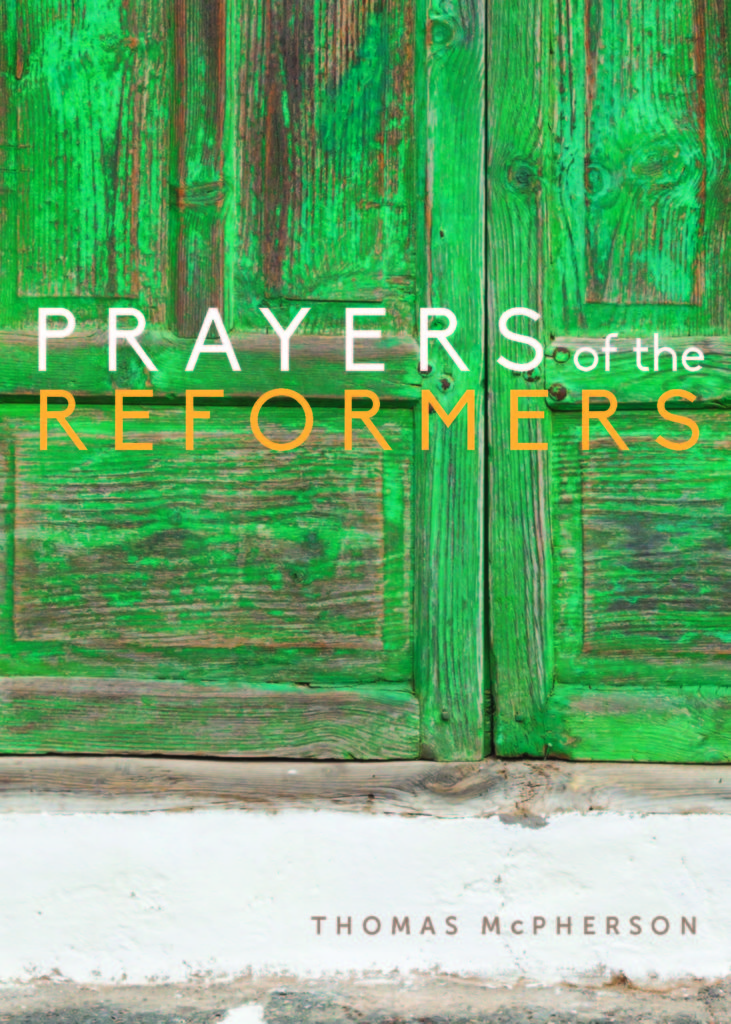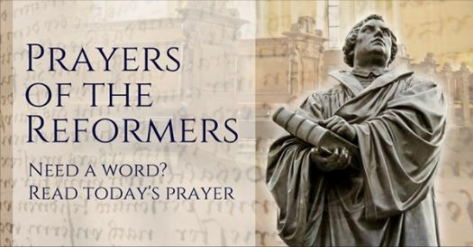This year marks the 500th anniversary of the Reformation. Paraclete’s newest release Prayers of the Reformers is an invitation to look into the hopes and concerns of the Reformers by reading their personal prayers. From Luther and Knox to Calvin, Cranmer and Lancelot Andrewes, their wisdom speaks across the centuries to our world today, torn by competing religious and political factions and challenges to the institutions of faith.
Below is an excerpt from the Introduction:
Some historical events have such a profound impact and such a multitude of consequences that the world is changed forever in their wake. The Protestant Reformation must certainly be counted among such events. Given the loud repercussions—social, theological, cultural, liturgical (among so many others)—that have continued to echo through the centuries, even to our own day, it might be easy to forget that behind the forces that brought about such change were devout people of faith, whose everyday lives were marked by times of prayer. The Protestant “reformers,” as they have come to be known, were also, and perhaps most importantly, “pray-ers.” Certainly we learn much from the writings they have left, as well as the many records of their lives. But they have also left us their prayers, like windows into their own souls, and in their prayers we can meet them and learn from them.
The prayers of the Protestant Reformers are filled with some of the central themes of their faith, perhaps first among them being an unshakable confidence in God’s supreme authority over all time and space. History is God’s workplace. He does not stand afar off, but actively and intimately participates in the lives of people in order to show his love and bring about his will. Many of the Reformers’ prayers reflect this conviction as, again and again, they seek for God’s will to be done on earth, and in themselves. Asking for the grace to be obedient to God is not so much an expression of servility as it is an expression of hope—the hope that my ordinary life can play a part in God’s extraordinary plan. The Reformers were convinced that we are all God’s instruments for the working of his purposes, and so we pray for what we need in order to serve him faithfully.
A second recurring theme follows directly: utter dependence on God for everything needed to live for God. Here are prayers for wisdom, guidance, perseverance, protection, and for daily bread in all its forms, offered in the certainty that God alone is the source of such gifts. Turning to God with confidence starts by acknowledging one’s own weakness and helplessness, beginning with the confession of one’s own sin. Our dependence on God is never more profoundly apparent than when we stand (or fall) in need of his grace, mercy, and forgiveness, all of which are generously given through the shed blood of his only Son. For the Reformers, every prayer we offer is built upon the foundation of Christ’s saving Cross and Resurrection.
You may also be interested in:

